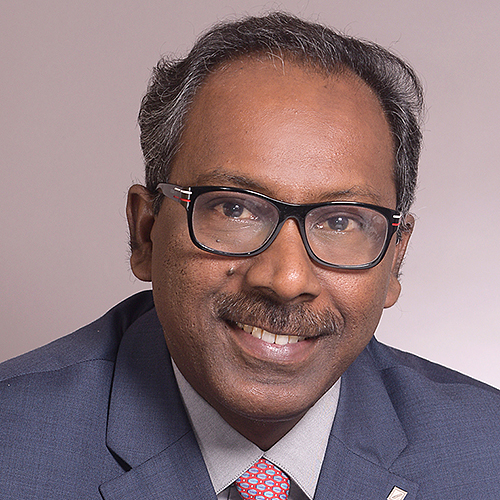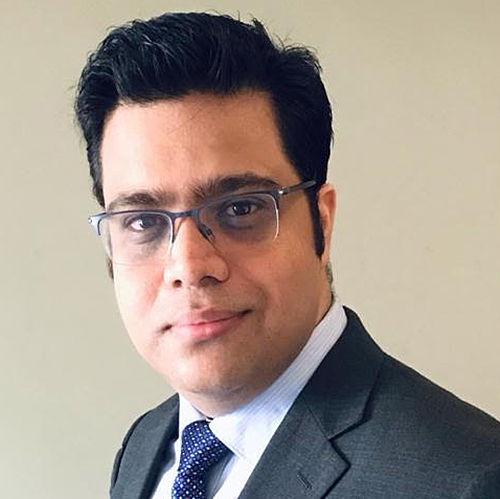The lack of adequate liquidity management solutions is a key challenge that Islamic banks and financial institutions are facing today. Due to the absence of a liquid inter-bank market and the deficiency in investable liquidity management instruments, Islamic financial institutions are left with limited options to manage their asset and liability gaps.
“There is an urgent need to diversify and increase the use of alternate liquidity management options to financial institutions,” says Ijlal Ahmed Alvi, chief executive officer of the International Islamic Financial Market (IIFM). IIFM focusses in standardization of Islamic capital and money market products by issuing standard documentation and related processes at the global level.
Islamic banks have traditionally depended heavily on commodity murabaha for their wholesale liquidity management, despite various issues and concerns related to this structure such as the cost of commodity brokerage or the lack of Shariah compliant commodities available at any particular time to cover transaction volumes.
In response to various constraints in commodity murabaha structure, some Islamic banks have started using ‘unrestricted wakala’, or on-balance sheet wakala structure, in the interbank market for liquidity management.
However, the lack of standardization with clear guidance and recommendations has hindered more widespread use of unrestricted wakala structures in the Islamic interbank market.
Aiming to fill that gap, IIFM on June 3 launched the global standard documentation on unrestricted wakala agreement to harmonize the rules and to encourage the broader use of unrestricted wakala structure in the Islamic interbank market.
With the standardization of unrestricted wakala structures for interbank market, “we aim to reduce the over reliance by financial institutions on the use of the commodity murabaha to manage their liquidity requirements,” Alvi told The Asset in an exclusive interview. “This standard documentation will provide the Islamic financial institutions a robust, transparent, sound operational practices and Shariah harmonization to manage their liquidity requirements which include practices such as comingled asset pool as well as segregated asset pool.”
Khalid Hamad Abdul-Rahman Hamad, chairman of the IIFM and executive director of banking supervision at Central Bank of Bahrain, says: [The standard documentation] will spur the use of unrestricted wakala in the Islamic Interbank market and will encourage all the jurisdictions to implement this IIFM standard as well as address any accounting or regulatory requirements in their respective jurisdictions”.
AS the next step, Alvi informs that IIFM is now working on the accounting assessment and UK regulatory analysis to encourage institutions and various jurisdictions to implement the IIFM standard.
Unrestricted Wakala
In unrestrictedwakala, the investor or the Muwakkil, will appoint the Wakil as its agent to invest its funds in a Shariah compliant manner in exchange for a fee. The Wakala pool can be managed on a segregated asset pool or co-mingled asset pool basis at the Wakil’s discretion, and early termination which can be caused by the occurrence of default by either party.
All issues relating to Wakala contract as per Shariah requirements are addressed n the standard documentation and in the operational guidance memorandum released together with the standard documentation, informs Alvi.
“The industry will find this guidance very useful whereby it explains how the standard to be used and in addition to that it provides very comprehensive recommendations.”
The IIFM standard was developed after consulting with IIFM Shariah advisory panel from the early stages, as well as after consulting other market players, and forming a global working group. External legal counsel, Norton Rose LLP, was appointed to help develop the IIFM standard.









